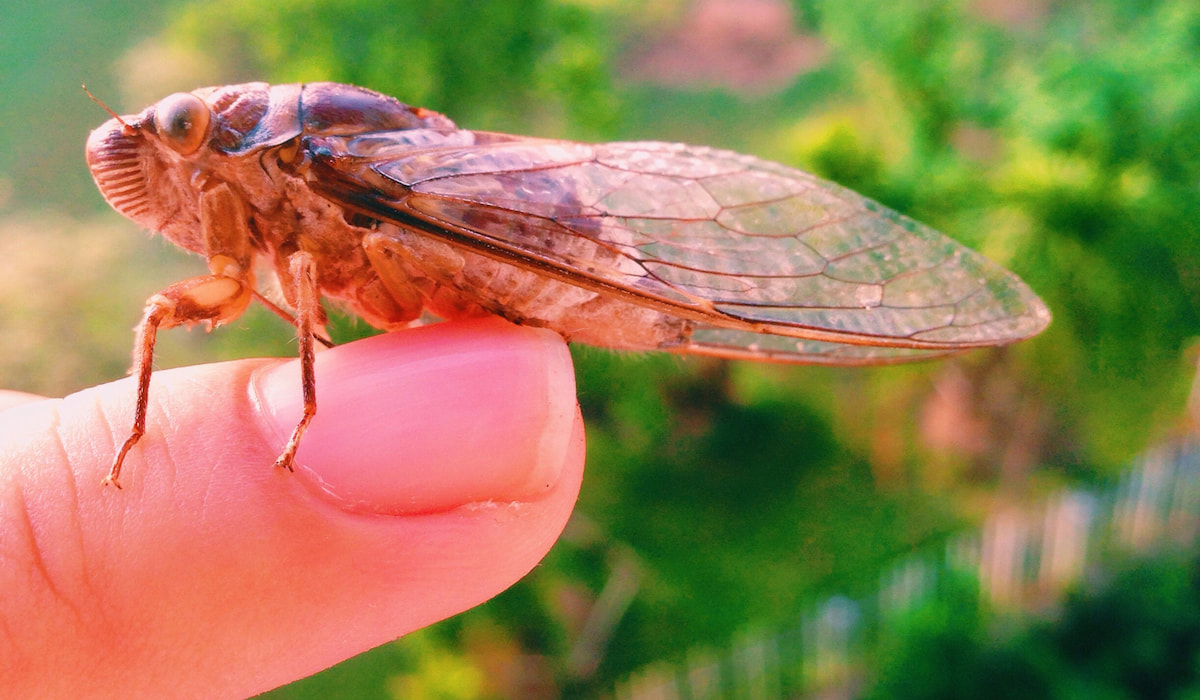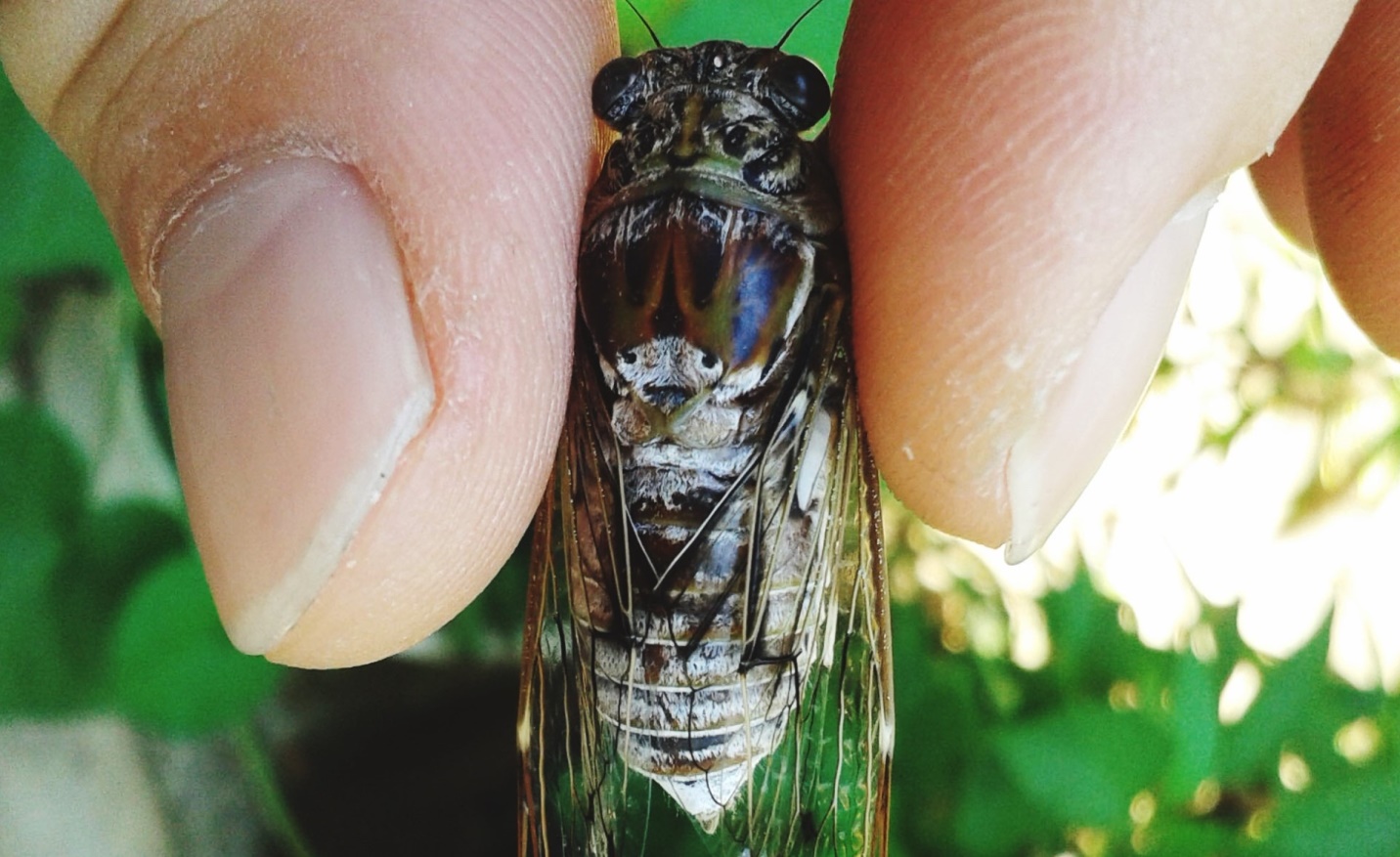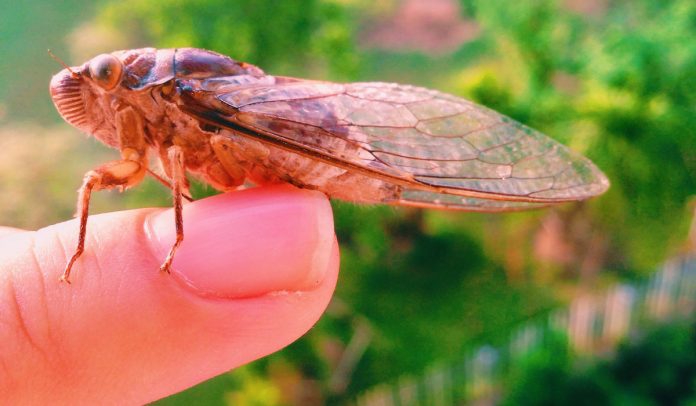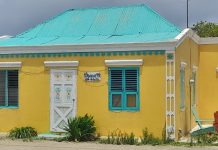Booking a magical glimpse inside Etnia Nativa
Article by Etnia Nativa call us 592 2702 and book your experience!
Etnia Nativa is where connection and inspiration with the mystical aspects of Aruba`s cultural heritage take place. Uncovering knowledge through the Island Insight platform and encouraging readers to engage with our island in a unique cultural setting. This segment shares the native mystical connection with cicadas (locally known as Ye-Ye’) that epitomized reincarnation over forty million years, ancient insects replete with symbolism and recurring themes such as resurrection, immortality, spiritual realization, and spiritual ecstasy. They are part of the mythology of several cultures and continue to inspire and intrigue us to this day.
In episode 65th, we mentioned them, and here we are referring to their captivating song, which is considered one of the animal sounds with the highest decibels in the world and comparable with a 115 decibel rock concert and, for our native Aruban belief, is a reminder of the spiritual messengers, the joy of freedom, and the song for rain. 
The spiritual symbolism of cicadas is multifaceted and deeply ingrained in the human psyche. They appear in much Native American folklore and ancient Greek literature. They were believed to bless the crops, bringing abundance, and usually appeared when the crops were ready for harvest. In some cases, these insects were ground into powder and used on wounded warriors, as they were thought to have healing powers. The Hopi natives believed that their ancestor was in the form of an insect and was called Maahu, a cicada kachina, or spirit being. The humpbacked piper, Kokopeli, has been described as influenced by cicadas and is often seen on Native American pottery found in the southwestern United States.
Cicadas do not “sing” like crickets “stridulate”, that is to say, they emit a strident sound hidden in the highest branches of the trees, and it is generated through its structures that are found at the base of the abdomen of the males, functioning as resonance boxes that are filled with air and emptied through timpani. Curious is that cicadas are deaf; therefore, the females are not attracted by the sound but by the sound vibrations coming from the male, which we hear with great intensity during the summer because it is the mating season. Some species emerge from their underground lairs once every 17 or 13 years in order to mate before dying off and leaving their offspring to inter themselves for another 17 or 13 years before repeating the never-ending cycle.

The cicadas’ dalliance lasts from four to six weeks, during which time they mate, lay eggs (each female can lay up to 400 eggs), and then die. Their offspring then take up residence underground, sucking on tree roots for the next few years.
Cicadas in Chinese culture are insects of extremely high status. They are considered pure because they subsist on dew and lofty because they perch in high treetops. An ancient analogy in China suggests that a high-ranking official should resemble a cicada—residing high, eating a pure diet, and having sharp eyes.
Japanese can buy some insects in shops, such as beetles, stag beetles, and bell crickets, but they cannot buy cicadas in shops. Many Japanese hunt cicadas, and cicada-hunting is one of the most popular activities for boys during summer holidays. In Japanese television, cicada songs are used as a symbol of the scene in which the heroes triumph.
In more recent times, the emergence of cicadas has been linked to significant religious events, such as the Jewish festival of Shavuot. The appearance of these insects during this time is considered a call to action for those of the Jewish faith, encouraging them to lead productive and meaningful lives. The Bible tells us that the ancient Israelites went on a musical racket upon being freed from their Egyptian enslavers—a musical racket comparable to the song of the cicada—as a celebration of freedom.
If you are keen to explore Aruba’s deep heritage, Etnia Nativa is the place. Is a private residential house that integrates natural and reused materials and is bursting with art, culture, and heritage, where birds and wildlife enjoy its gardens. Each visitor is guided through an authentic encounter by the owner-builder and cultural expert.
Booking a magical glimpse inside Etnia Nativa: WhatsApp (messages only) at +297 592 2702 or etnianativa03@gmail.com

















